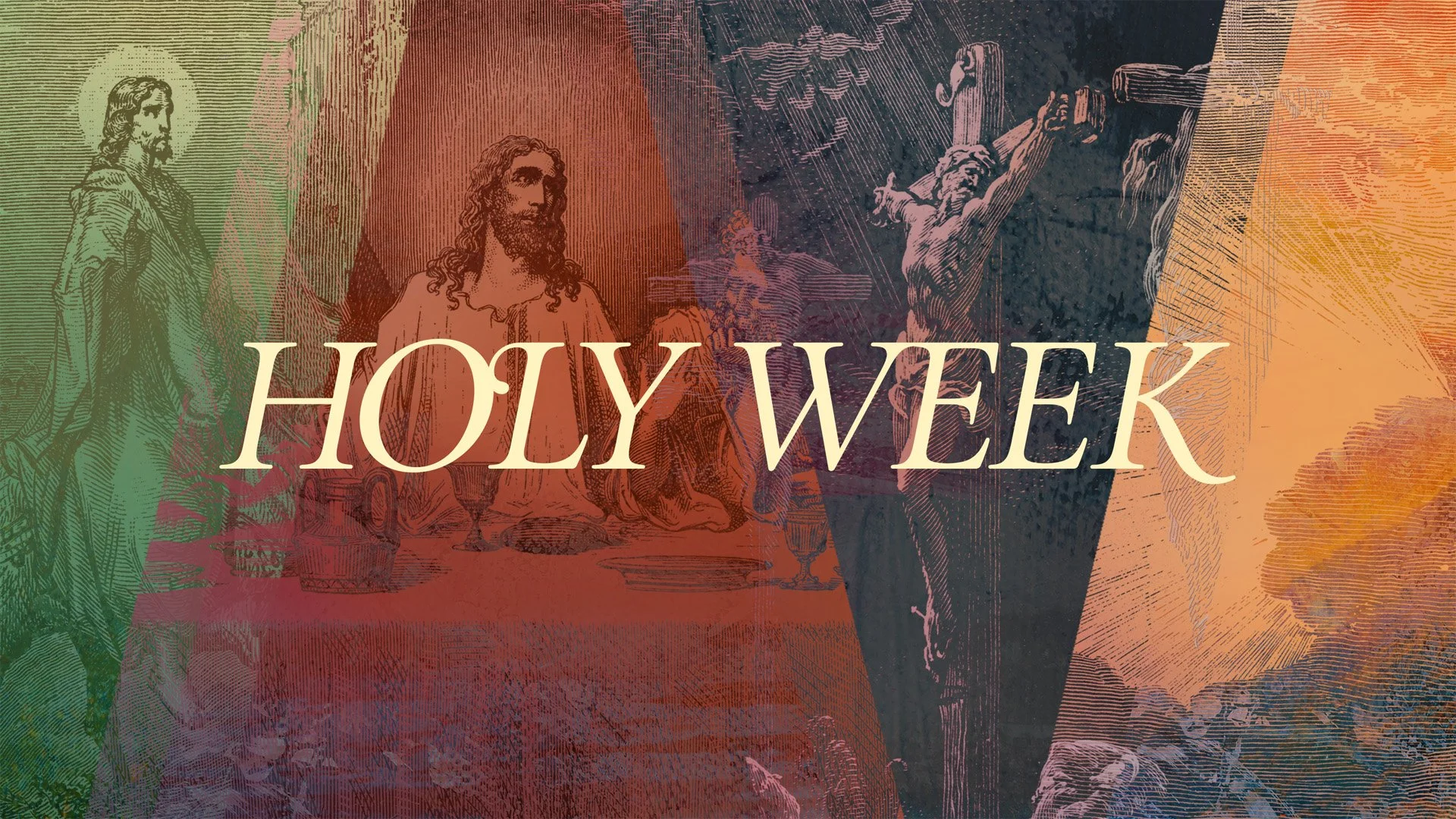Yet, the institution of the Lord’s Supper was not the only instruction Jesus provided in His last words to His disciples. In the gospel of John, we read more of the events of that Passover observance:
Jesus knew that the Father had given everything into His hands, that He had come from God, and that He was going back to God. So He got up from supper, laid aside His outer clothing, took a towel, and tied it around Himself. Next He poured water into a basin and began to wash His disciples’ feet and to dry them with the towel tied around Him (John 13:3-5).
It is difficult to convey the scandal wrapped in such a seemingly benign story. The image of the Rabbi—and this Rabbi the eternally sent Son of God—washing any feet at all, much less the feet of his inferiors, isn’t merely an illustration of servant leadership. To stop at that application is to miss the depth of what Jesus does in this moment. In setting aside his outer clothing, He stripped to the attire of a slave. In washing the dusty feet of His disciples, Jesus willingly—insistently—stooped past mere servitude to the point of humiliation. The embarrassment was almost more than Simon Peter could bear (John 13:6-10).
Cyril, the Patriarch of Alexandria from 412-444, captured the tension of this moment that would give way to a new commandment:
What could be stranger than this?
What more awesome?
He who is clothed with light as with a garment (Ps. 104:2)
is girded with a towel.
He who binds up the waters in His clouds (Job 26:8),
who sealed the abyss by His fearful Name,
is bound with a girdle.
He who gathers together
the waters of the sea as in a vessel (Ps. 33:7)
now pours water in to a basin.
He who covers the tops of the heavens with water (Ps. 104:3)
washes in water the feet of His disciples.
He who has weighed the heavens with His palm
and the earth with three fingers (Is. 40:12)
now wipes with undefiled palms
the soles of His servants' feet.
He before whom every knee should bow,
of those that are in heaven,
on earth and under the earth (Phil.2:10)
now kneels before His servants.
Cyril of Alexandria (375-444)
If ever there was a tangible image to accompany Philippians 2:6-8, the description of Jesus laying aside the glory of heaven to assume the form of a servant and humble Himself to the point of crucifixion, this is surely it. We are instructed to “adopt the same attitude as that of Christ Jesus” (Philippians 2:5).
…When Jesus had washed their feet and put on His outer clothing, He reclined again and said to them, “Do you know what I have done for you? You call me Teacher and Lord—and you are speaking rightly, since that is what I am. So if I, your Lord and Teacher, have washed your feet, you also ought to wash one another’s feet. For I have given you an example that you also should do just as I have done for you” (John 13:12-15)
“By this everyone will know you are My disciples, if you love one another” (John 13:35). By what, exactly? By this example in which service, even to the point of humiliation, is the posture modeled by our Savior. Most churches of every variety continue to celebrate the Lord’s Supper in some form or fashion. Far fewer (like ours) continue to include the washing of feet as part of the remembrance of this new command, because our own abasement is met in the grabbing of sweaty feet to wash and affirm the value of a sibling in Christ.
The world doesn’t mind service on its own terms. Politicians will campaign for seats of power to serve (presumably) our interests. Even pastors will graduate from pulpits to platforms for the sake of (presumably) serving the kingdom. But what if the service accepted—even desired—by the Father is the type modeled for us by the Son? What if, instead of power suits, we are called to be stripped of vestments of title or position? What if service that delights the Lord involves grittiness akin to washing dusty feet—even the feet of those who would betray you? What if service that truly fulfills the Great Commandment (Matthew 22:34-40, Mark 12:28-31) and the Great Commission (Matthew 28:18-20, Mark 16:15-18), requires a posture of humility, even dying to ourselves?
Our human nature rebels against such humiliation and mortification of our flesh apart from the sanctifying work of the Holy Spirit. As we remember the example of our Lord Jesus, we join the prayer of the global saints in union with Christ:
“Almighty Father, whose dear Son, on the night before He suffered, instituted the Sacrament of His Body and Blood: Mercifully grant that we may receive it thankfully in remembrance of Jesus Christ our Lord, who in these holy mysteries gives us a pledge of eternal life; and who now lives and reigns with You and the Holy Spirit, one God, for ever and ever. Amen” (The 1979 Book of Common Prayer, 2005).















